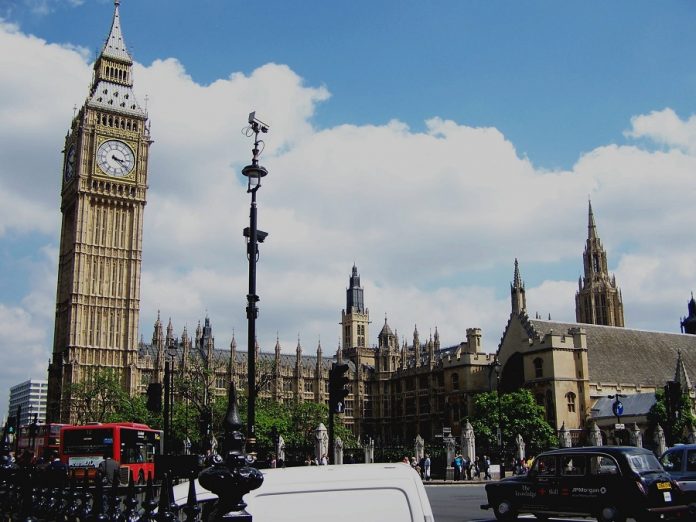Hoy, 31 de diciembre de 2020, culmina el Brexit. A partir de esta fecha, la legislación de la Unión Europea ya no es de aplicación en el Reino Unido. Concluye así el período de transición de salida iniciado a principio del año que termina, cuando R.U. dejó de pertenecer a la UE. Este período transitorio, que ha culminado con acuerdo, ha permitido que el abandono británico del club europeo no haya sido lo traumático que se temió. De todos modos, la salida de un miembro de la UE representa un serio revés para la Europa unida, que, a su vez, se ha visto fortalecida por su posición común respecto a las veleidades del miembro saliente. Pero las consecuencias políticas y económicas para R.U. pueden ser nefastas.

“La autocompasión combina dos cosas que podrían parecer incompatibles: un profundo sentido de agravio y un profundo sentido de superioridad. Son estos dos factores los que hacen de la autocompasión un concepto tan importante para la comprensión del Brexit, un fenómeno que está dominado por ideas que de otra manera serían imposibles de combinar. El nacionalismo crudo y pasional ha adoptado dos formas antagónicas Hay un nacionalismo imperial y un nacionalismo anti imperial; uno tiene como objetivo de dominar el mundo, el otro quitarse de encima ese dominio. La incoherencia del nacionalismo inglés es que quiere ser ambas cosas simultáneamente. Por un lado, el Brexit está alimentado por fantasías de un “Imperio 2.0 “, un imperio comercial mercantilista global reconstituido en el que las viejas colonias blancas se reconectaran con la madre patria. Por otro lado, en una insurgencia, y por ello tiene que ser imaginado como una revuelta contra una opresión intolerable. Requiere, por tanto, un sentido de superioridad y un sentimiento de agravio. La autocompasión es la única emoción que puede juntar ambas cosas” (Fintan O´Toole, “Un fracaso heroico, el Brexit y la política del dolor”).
* El Brexit lo ideó una pequeña élite de plutócratas propietaria del 80% de los periódicos del país, unos políticos de tercera clase y un grupo de periodistas de poca categoría.
1956, LA CRISIS DE SUEZ
La crisis de Suez en 1956 supuso para el Reino Unido y Francia la pérdida del Canal de Suez, que hasta entonces controlaban como principales accionistas, un fracaso de gran envergadura para ambos países y que, a partir de ese momento, pasarían a un segundo plano en los asuntos de Oriente Medio, siendo reemplazados por Estados Unidos, que se convertiría, y así sigue siendo todavía hoy, en la principal potencia con influencia en la región. Para el Reino Unido, Suez fue vivido como una auténtica humillación y la confirmación de forma efectiva y contundente de la pérdida definitiva del estatuto imperial. La lección que sacaron los británicos es que nunca más deberían actuar contra o, al menos, sin el acuerdo de Estados Unidos en los asuntos Internacionales.

Para Francia, la lectura fue diferente, ya que partir de ese momento decidieron apostar por la Integración Europea y, un año más tarde, la Comunidad Europea vería la luz con la firma del Tratado de Roma (1957).
Sin dejar de lado sus vínculos transatlánticos, el Reino Unido se incorporaría más tarde a la Comunidad Europea (1 de enero de 1973) de la que ha formado parte durante 47 años.
Lo importante era abandonar la Unión Europea, en nombre de una concepción de la soberanía absoluta, producto de la fantasía y la nostalgia de un pasado mítico.
A partir de mañana, 1 de enero de 2021, el Reino Unido deberá retomar la cuestión planteada por el Secretario de Estado Americano Dean Acheson, en 1962. “Gran Bretaña ha perdido su imperio y no ha encontrado todavía su lugar”.
UNA CONCEPCIÓN DECIMONÓNICA DE LA SOBERANÍA
En todo el debate y la campaña sobre el Brexit, los asuntos económicos y comerciales siempre fueron cuestiones accesorias. Lo importante era abandonar la Unión Europea, en nombre de una concepción de la soberanía absoluta, producto de la fantasía y de la nostalgia de un pasado mítico (propia de tiempos imperiales y de monarcas absolutistas), que en nada se corresponde con la democracia del siglo XXI, un siglo en el que se superponen identidades, las soberanías son compartidas, se negocia, se pacta y se trabaja desde la interdependencia entre naciones.

El concepto de independencia absoluta en el siglo XXI no tiene sentido en nuestro mundo contemporáneo, en un mundo con superpotencias, como China, Estados Unidos, Unión Europea o Rusia, donde el Reino Unido, con una población de 67 millones, sólo representa el 0,87% de la población mundial. En este contexto, el Reino Unido ha optado por el aislamiento y abandonar la mesa donde se toman las decisiones, quedándose sin voz. La Unión Europea es el principal socio comercial del Reino Unido (del que depende el 47% de su actividad comercial). La salida del Mercado Único y de la Unión Aduanera tendrá importantes consecuencias económicas, además de las políticas ya mencionadas. El Reino Unido ha decidido imponerse un castigo auto infligido en nombre de “la política del dolor”
NACIONALISMO INGLÉS Y FUTURO DEL R.U.
El nacionalismo inglés ha sido la fuerza dinámica que ha orientado a los partidarios del Brexit. Fue en Inglaterra donde el apoyo al Brexit fue mayor, en contraste con Escocia e Irlanda del Norte, donde se votó por un amplio margen en favor de la permanencia en la Unión Europea. En Gales, el resultado a favor del Brexit fue bastante ajustado, con una separación clara entre los ingleses que viven en Gales partidarios del Brexit y los galeses en favor de la permanencia.
Escocia e Irlanda del Norte votaron por un amplio margen a favor de la permanencia en la Unión Europea.
El Brexit ha revelado la profunda división entre territorios a favor y en contra, respectivamente, de la permanencia en la Unión Europea. En pleno siglo XXI, la organización territorial del Reino Unido sigue siendo bastante centralizada. Londres concentra todavía bastantes poderes, aunque la descentralización haya progresado con la constitución de los parlamentos en Escocia (1998) Irlanda del Norte (1973) y Gales (1998).
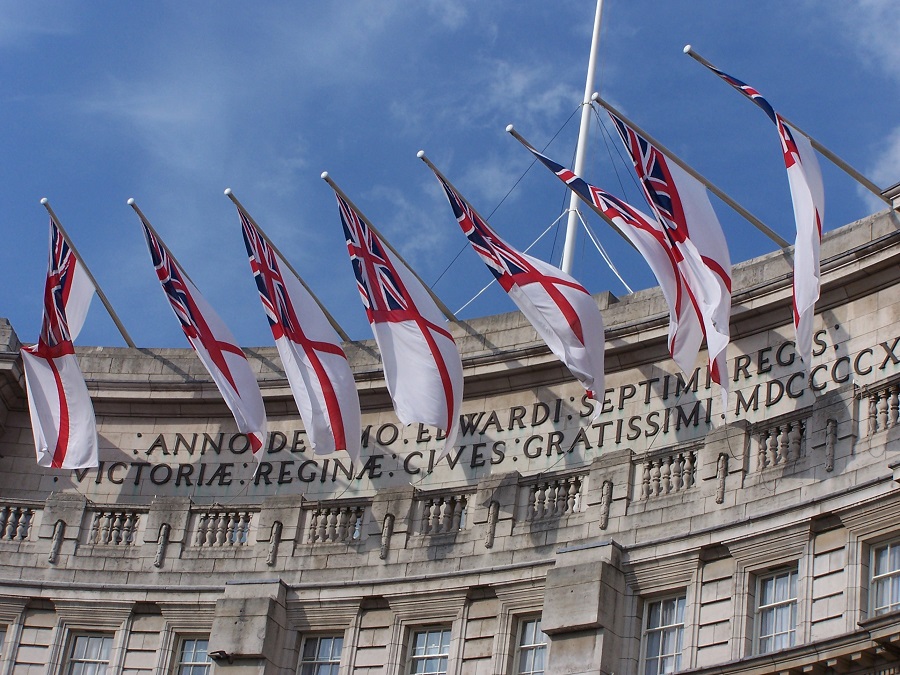
Resulta irónico que cuando los partidarios del Brexit acusaban a Bruselas de todo lo que iba mal en el Reino Unido, estas acusaciones se hacían sobre ámbitos y competencias gestionados por Londres (Gobierno y Parlamento).
Un buen ejemplo de las mentiras y fantasías del Brexit es la desindustrialización del norte de Inglaterra, por el que ningún gobierno británico ha hecho nada en las últimas décadas. Bruselas siempre fue el chivo expiatorio, para desviar la atención y la responsabilidad de Londres.
El futuro de la integridad territorial del Reino Unido no está garantizado y, para proteger la unidad entre las cuatro naciones, que la componen, sería necesario aumentar la descentralización hacia un modelo federal (como Estados Unidos y Alemania). Pero nadie puede garantizar que, en un futuro, Escocia vuelva a ser independiente, como lo fue antes de 1707, o que Irlanda de Norte exprese su deseo de reunificarse con la República de Irlanda.
EL BREXIT, UN PROYECTO ELITISTA
Hoy, 1 de enero del 2021, se hace por fin realidad el proyecto ideado por una pequeña élite de plutócratas, propietaria del 80 % de los periódicos del país, unos políticos de tercera clase y un grupo de periodistas de poca categoría. Una minoría caracterizada por la arrogancia, los conflictos de intereses y la corrupción, que han erigido como virtud la incompetencia en los asuntos públicos. Una élite que decía servir los intereses de todos los que sentían excluidos y dejados de lado por las políticas tradicionales, aunque eso sólo era la tapadera, porque el Brexit nunca tuvo una base social; siempre fue elitista, plutocrático y neoliberal (todo en manos privadas y con el menor número de derechos y regulaciones posibles para proteger a sus ciudadanos).
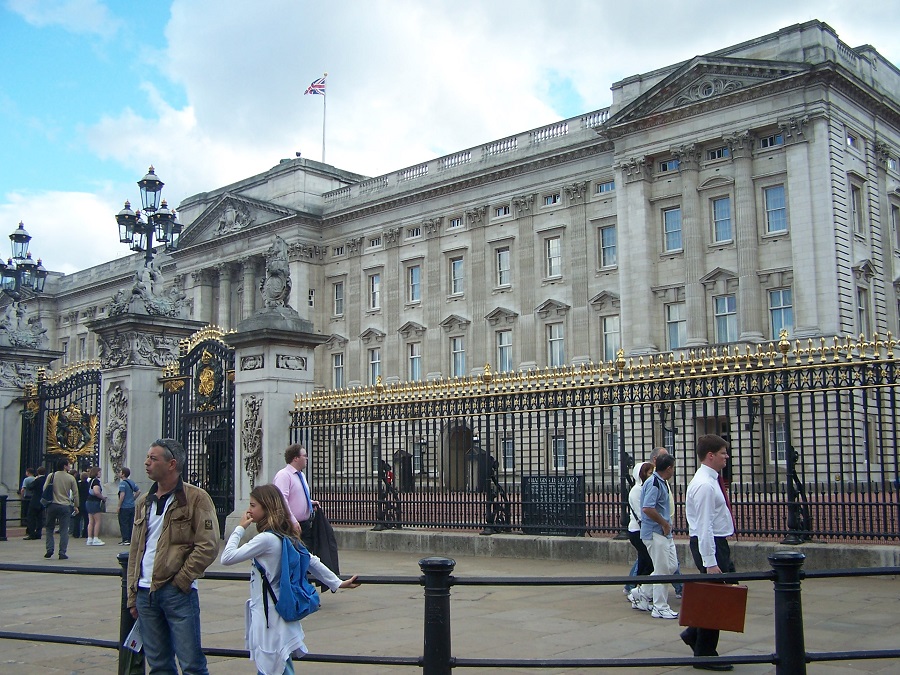
En el momento en el que la Unión Europea despide con tristeza al Reino Unido, siempre nos quedará Georges Smiley, el héroe y agente secreto de las novelas de espionaje de John Le Carre:
“Entonces ¿fue todo por Inglaterra?-dice a continuación-.
En su momento, si, por supuesto. Pero ¿la Inglaterra de quién? ¿Qué Inglaterra? ¿Inglaterra sola, perdida en ninguna parte? Yo soy europeo, Peter. Si alguna vez he tenido una misión, si he sido consciente de alguna responsabilidad más allá de nuestros contenciosos con el enemigo, ha sido con Europa. Si he tenido un ideal inalcanzable, ha sido el de sacar a Europa de su oscuridad para llevarla a una nueva edad de la razón. Todavía lo tengo”. (John le Carré (1931- 2020) El Legado de los espías, 2017)
VERSIÓN INGLESA
Brexit Back to the 50´s
“Self-pity thus combines two things that may seem incompatible: a deep sense of grievance and a high sense of superiority. It is this doubleness that makes it so important to the understanding of Brexit, a political phenomenon that is driven by ideas that would not otherwise combine. Crudely, passionate nationalism has taken two antagonistic forms. There is an imperial nationalism and an anti-imperial nationalism; one sets out to dominate the world, the other to throw off such dominance. The incoherence of the new English nationalism that lies behind Brexit is that it wants to be both simultaneously. On the one hand, Brexit is fuelled by fantasies of ‘Empire 2.0’, a reconstructed global mercantilist trading empire in which the old white colonies will be reconnected to the mother country. On the other, it is an insurgency and therefore needs to imagine that it is a revolt against intolerable oppression. It therefore requires both a sense of superiority and a sense of grievance. Self-pity is the only emotion that can bring them together” (Fintan O´Toole, ´The Heroic Failure Brexit and the Politics of Pain´).

The Suez crisis in 1956
The Suez crisis in 1956 meant for the United Kingdom and France the loss of the Suez Canal. Until then, together they had controlled it as main shareholders. A major failure for both countries was from that moment on they would take a back seat in affairs of the Middle East, being replaced by the United States which would become (and still is today), the main power in the region. For the United Kingdom, Suez was experienced as a real humiliation and the confirmation in an effective and forceful way of the definitive loss of its imperial status. The lesson the British drew from this was that they should never again act against or at least without the agreement of the United States in international affairs.
France drew a different conclusion, and from that moment they decided to bet on European Integration and a year later the European Community would be created with the signing of the ´Treaty of Rome (1957)´.
Without neglecting its transatlantic links, the United Kingdom would later join the European Community on 1st January 1973, of which it has been a member of for 47 years. As of 1st January 2021, the United Kingdom will have to take up the question raised by the American Secretary of State, Dean Acheson in 1962 «Great Britain has lost its empire and has not yet found its place».
A Conception of Sovereignty from the 19th Century
Throughout the Brexit debate and campaign, economic and trade were always side issues. The most important thing was to leave the European Union in the name of a conception of absolute sovereignty, as a consequence of fantasy and nostalgia for a mythical past (typical of imperial times and absolutist monarchs) that in no way corresponds to the democracy of the 21st century, a century in which identities overlap, sovereignty is shared, and where nations negotiate to reach agreements and work on interdependence basis. The concept of absolute independence in the 21st century makes no sense in our contemporary world, a world with superpowers, such as China, the United States, the European Union or Russia, where the United Kingdom with a population of 67 million only represents 0.87% of the world’s population. In this context the United Kingdom has opted for isolation abandoning the table where decisions are made, left voiceless.
The European Union is the main trading partner of the United Kingdom (of which 47% of its commercial activity depends). The exit from the single market and the customs union will have important economic consequences in addition to the political ones already mentioned. The UK has decided to impose self-punishment in the name of the ´politics of pain´.
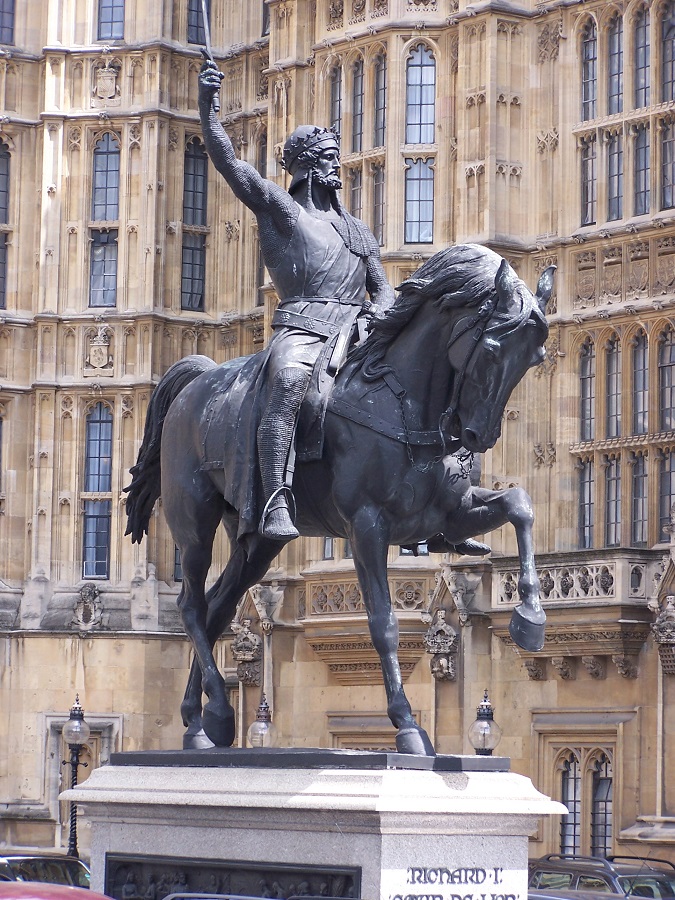
English Nationalism and the future of the United Kingdom
English nationalism has been the driving force which has guided Brexit supporters. It was in England where the support for Brexit was greatest in contrast to that of Scotland and Northern Ireland where a wide margin voted in favor of remaining in the European Union. In Wales, the Brexit result was quite tight with a clear separation between the English living in Wales (who are Brexiteers) and the Welsh in favor of remaining in the EU.
Brexit has revealed the deep division between territories in favor and against the permanence in the European Union. In the 21st century the territorial organisation of the United Kingdom is still quite centralised. London still concentrates quite a few powers although, decentralisation has progressed with the constitution of parliaments in Scotland (1998), Northern Ireland (1973) and Wales (1998). It is ironic that when Brexit supporters accused Brussels of everything that was wrong in the UK, these accusations were made over areas and powers managed by London (Government and Parliament). A good example of the lies and fantasies of Brexit is the deindustrialisation of the North of England for which no British government has done anything in the last few decades. Brussels was always the scapegoat to divert the attention and responsibility from London.
The future of the territorial integrity of the United Kingdom is not guaranteed, and to protect the unity between the four nations it would be necessary to increase decentralisation towards a federal model (such as the United States and Germany). However, nobody can guarantee that in the future Scotland will be independent again as it was before 1707 or that Northern Ireland will express its desire to reunify with the Republic of Ireland.
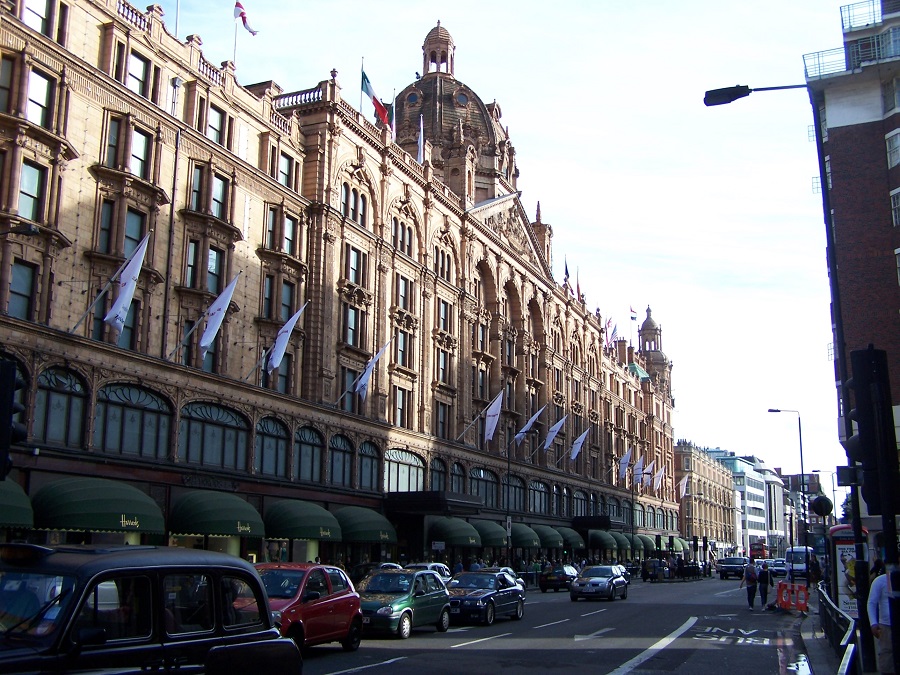
Brexit, an Elitist Project
On 1st January 2021, the project devised by a small elite of plutocrats, owners of 80% of the country’s newspapers, third class politicians, and a group of low life journalists, will finally come true. A minority characterised by arrogance, cronyism, conflicts of interest, corruption and who have established incompetence in public affairs as a virtue. An elite which claimed to serve the interests of all those who felt excluded and left behind by traditional politics, though that was only the cover because Brexit never came from grassroots. It had always been elitist, plutocratic and neoliberal (everything in private hands and with the fewest possible rights and regulations that protect its citizens).
At the very last moment the EU waves goodbye to the UK, we will always remember ´George Smiley´, the hero and secret agent from John Le Carre spy novels:
´So was it all for England, then?’ he resumed. ‘There was a time, of course there was. But whose England? Which England? England all alone, a citizen of nowhere? I’m a European, Peter. If I had a mission – if I was ever aware of one beyond our business with the enemy, it was to Europe. If I was heartless, I was heartless for Europe. If I had an unattainable ideal, it was of leading Europe out of her darkness towards a new age of reason. I have it still.’ (John le Carré (1931-2020) The Legacy of the Spies, 2017).
(Iván Cedrón Adam es un profesional con una amplia formación académica en Lenguas extranjeras, Literatura francesa, Derecho, Management y Liderazgo, y un gran conocedor del mundo anglosajón y de Francia y Gran Bretaña, países donde ha vivido durante las dos últimas décadas).
SOBRE EL AUTOR
Iván Cedrón Adam, prototipo de europeo moderno y activo y experto europeísta
OTRAS INFORMACIONES
Estados Unidos, 3 de noviembre, un momento verdaderamente histórico
El Reino Unido, en una encrucijada histórica


